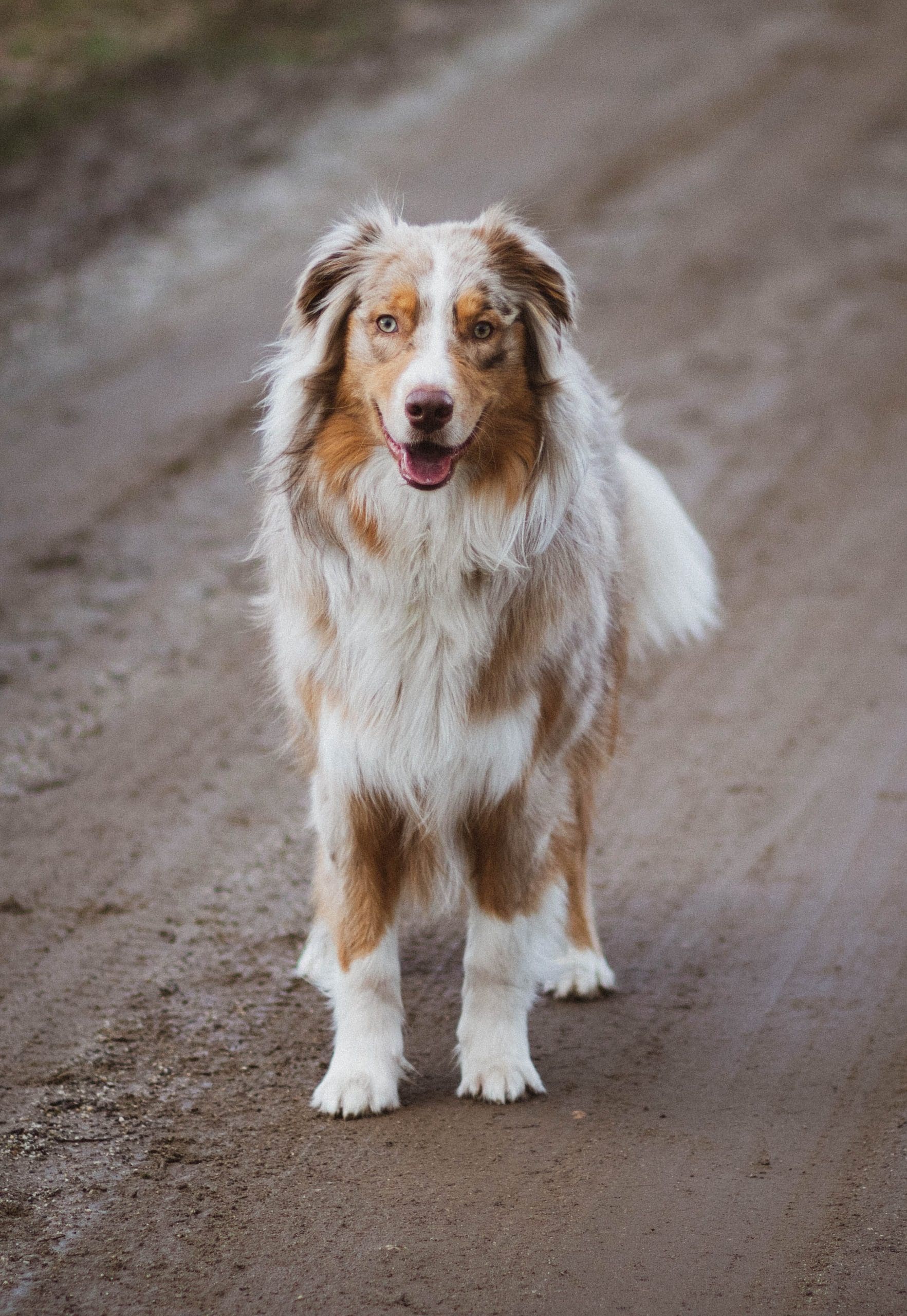Many new puppy owners face the frustrating issue of their furry companions developing a taste for poop, a behavior known as coprophagia. This phenomenon is surprisingly common among dogs, especially puppies. While it can be distressing, recognizing that this behavior is not necessarily harmful is important, and there are effective strategies to manage it.
Curiosity and Exploration
Puppies are naturally curious and explore their environment through taste, leading them to sample various things, including feces. This behavior is often heightened in puppies as they learn about their surroundings. They may also mimic older dogs, believing that eating feces is acceptable. Additionally, boredom or anxiety can drive puppies to engage in this behavior, particularly if they lack sufficient mental and physical stimulation.
Nutritional Deficiencies
Sometimes, the urge to consume feces stems from nutritional deficiencies. If a puppy’s diet lacks essential nutrients, they may instinctively seek out feces to fill the gaps. This is especially common in dogs fed low-quality food. Consulting with a veterinarian can ensure your puppy receives a balanced diet, which is crucial for their overall health and can help reduce coprophagia.
Managing Stress and Anxiety
Stress can also trigger coprophagia in puppies. Significant changes in their environment, such as moving to a new home or the introduction of a new pet, can lead to anxiety, prompting them to eat feces. Providing a stable and loving environment is vital. Reassuring your puppy of their safety and maintaining a consistent routine can help them feel secure.
Increasing Exercise and Mental Stimulation
Boosting your puppy’s exercise and mental stimulation can significantly reduce unwanted behaviors, including coprophagia. Ensure your puppy gets ample physical activity through walks, playtime, and training sessions. Engaging in interactive play fosters bonding while keeping them entertained. Mental challenges, such as puzzle toys or training new tricks, keep their minds active and fulfilled.
Supervision During Potty Time
Close supervision during potty time is essential. Keeping an eye on your puppy during walks and playtime can help you catch them before they consume feces. If you notice them approaching feces, a firm “no” or distraction with a toy can redirect their attention. Patience and consistent reinforcement of positive behavior will teach your puppy what is acceptable.
Maintaining a Clean Environment
Promptly cleaning up after your puppy can deter them from eating feces. The less access they have to feces, the less likely they are to indulge. This is particularly important if you have multiple dogs; cleaning up immediately after each one helps maintain a clean environment and minimizes the opportunity for coprophagia.
Using Deterrents
Certain products can make feces taste unappealing and discourage your puppy from eating it. These deterrents can be sprinkled on your puppy’s food and will pass through to their stool. Always consult your veterinarian before adding any new products to your puppy’s diet to ensure they are safe and appropriate.
Training Techniques
Training plays a crucial role in modifying unwanted behaviors. Teaching the command “leave it” helps your puppy learn to ignore feces and other undesirable items. Practice this command using treats and toys before applying it during walks. When your puppy approaches feces, use the command and reward them for obedience. With patience and consistency, your puppy can learn to associate ignoring feces with positive reinforcement.
Seeking Professional Help
If coprophagia persists despite your efforts, consulting a professional dog trainer or behaviorist may be beneficial. They can provide tailored advice and strategies specific to your puppy’s needs, offering a fresh perspective that could make a difference.
Addressing Potential Medical Issues
In rare cases, coprophagia may indicate underlying medical issues, such as digestive problems or parasites. If your puppy continues this behavior despite your best efforts, a visit to the veterinarian can help rule out any potential health concerns.
Creating a Positive Environment
Understanding the reasons behind coprophagia is essential for effectively addressing the behavior. By providing a healthy and stimulating environment, ensuring your puppy receives adequate exercise and mental challenges, and maintaining a clean space, you can minimize the chances of this unwanted behavior. Establishing a routine and employing training techniques will reinforce positive behaviors while discouraging coprophagia.
With patience, you can help your puppy learn acceptable behaviors. Celebrate small victories, like when they ignore feces during walks or respond well to training commands. While facing this challenge can be disheartening, remember that many dog owners have successfully navigated this issue. Embracing the journey of training and bonding with your puppy will lead to a well-behaved companion, free from the habit of eating poop.



